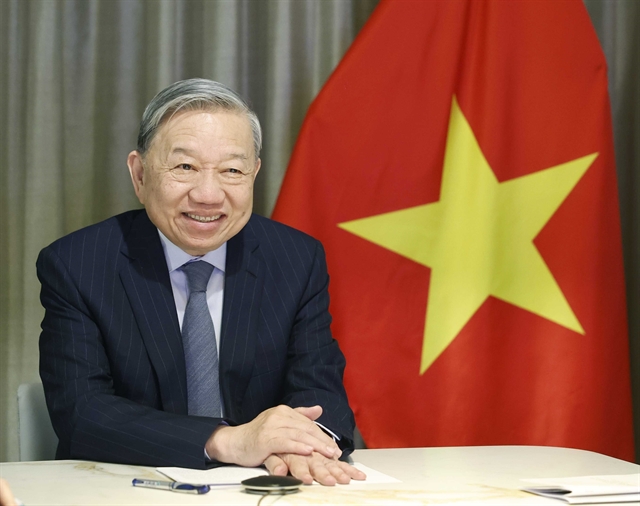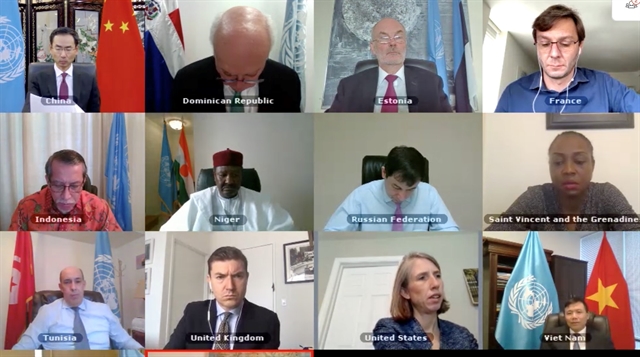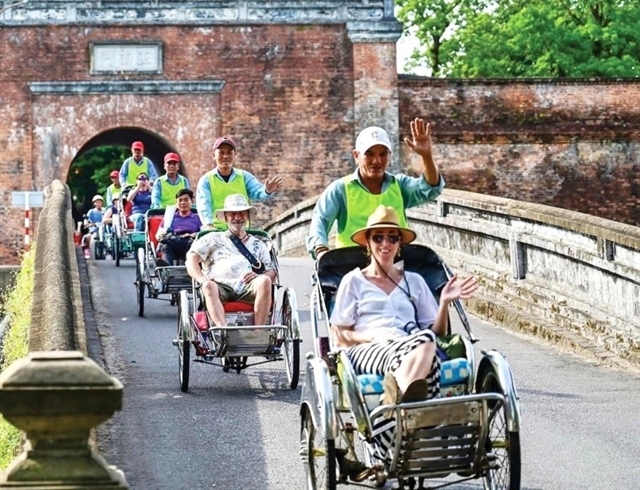 Politics & Law
Politics & Law

Việt Nam backs preventive diplomatic measures and early warnings to prevent and solve conflicts in countries in West Africa and the Sahel, affirmed Ambassador Đặng Đình Quý, head of Việt Nam's Permanent Mission to the United Nations.

|
| Ambassador Đặng Đình Quý, head of the Vietnam Permanent Mission to the United Nations attends the UN Security Council’s briefing on the UN Office for West Africa and the Sahel (UNOWAS)’s six-month implementation of its tasks on Thursday. — VNA/VNS Photo |
NEW YORK — Việt Nam backs preventive diplomatic measures and early warnings to prevent and solve conflicts in countries in West Africa and the Sahel, affirmed Ambassador Đặng Đình Quý, head of Việt Nam's Permanent Mission to the United Nations.
Addressing the UN Security Council’s briefing on the UN Office for West Africa and the Sahel (UNOWAS)’s six-month implementation of its tasks on Thursday, Quý expressed concern over the regional security situation.
He appreciated anti-terrorism efforts by UN Missions as well as the G5 Sahel, while stressing the need to protect civilians, particularly women and children.
Speaking at the event, Special Representative of the Secretary-General and UNOWAS Head Mohamed Ibn Chambas said that “recent months have witnessed recurrent complex terrorist attacks against the civilian population and security forces”.
He noted that in Burkina Faso, Mali, Niger and Nigeria, attacks have been accompanied by forced recruitment of children and abductions while exacerbating the humanitarian consequences on the populations of the affected areas.
The COVID-19 pandemic is damaging economic development and poverty reduction achievements gained in recent years.
UNESCO estimates 119 million children and four million teachers in West Africa and Central Africa have been affected due to school closure. Meanwhile, the UN Office for the Coordination of Humanitarian Affairs (OCHA) said that in 2020, up to 2.4 million people in the regions need support and protection. — VNS




